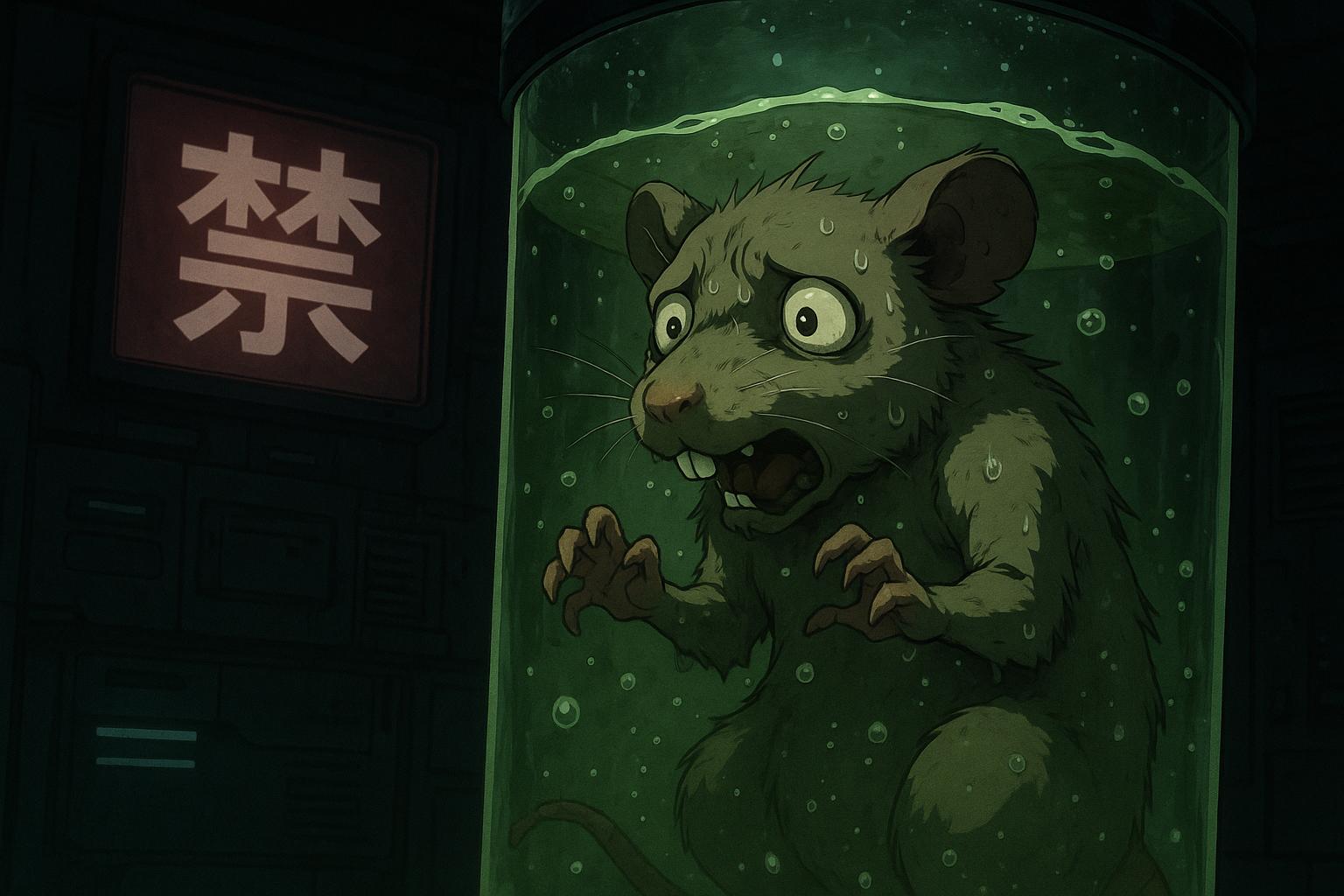Disney+ is facing backlash after airing a highly controversial scene from the 1989 sci-fi classic The Abyss, which depicts a live rat being submerged in a liquid that allows it to breathe. The film, recently released on the streaming platform in 4K, includes a sequence that has historically been deemed as animal abuse, raising significant ethical concerns among audiences and animal welfare organisations.
The British Board of Film Classification (BBFC) classifies the notorious scene under the Cinematograph Films (Animals) Act 1937, which explicitly prohibits the display of animal cruelty in theatrical releases. The BBFC consulted the RSPCA before making its decision, concluding that the scene caused "terror" to the animal. This led to the scene being cut out for any cinematic exhibition, ensuring that The Abyss would not be screened in its entirety in UK theatres or released physically in an unedited format. The BBFC stated, "We sought expert legal and veterinary advice, which confirmed that the scene constituted the cruel infliction of terror on an animal."
Despite assurances that the rats used during filming survived, the ethical implications of depicting such distress in a commercial film remain contentious. The RSPCA has expressed serious concerns about what it perceives as a "loophole" in broadcasting regulations. David Bowles, the RSPCA's Head of Public Affairs, remarked on the issue, highlighting the inconsistency in content regulation across different platforms. "The RSPCA is really concerned that a loophole currently exists allowing animal abuse scenes deemed unacceptable elsewhere to be streamed freely and legally into our homes," he commented. This inconsistency raises questions about viewer protection in a changing media landscape, as traditional broadcasting standards do not apply to online streaming platforms.
In the UK, adherence to the Ofcom Broadcasting Code prohibits any material that has been cut by the BBFC from being broadcast on TV. However, online streaming services are not bound by the same regulations, which creates a gap in protections for viewers against animal cruelty. The RSPCA's advocacy underscores the urgent need for a refined legal framework that is responsive to the evolving ways in which audiences consume media.
This situation has been compounded by the recent cancellation of a planned 4K Ultra HD release of The Abyss in the UK, a decision driven by the insistence of the BBFC to censor the rat scene. This follows a long history of censorship concerning the film, where various versions in the UK have been altered, requiring significant cuts—around 45 seconds in total—to manage the portrayal of the rat's distress. The versions released in other countries continue to show the original scene, making the UK's approach to content regulation particularly stringent.
As conversations about animal rights and ethical filmmaking evolve, the debate surrounding The Abyss illustrates broader concerns about how such images can impact audiences and the responsibility of platforms like Disney+ to adhere to ethical standards in content delivery. There is a growing call for these platforms to reconsider their policies regarding the presentation of potentially harmful content, ensuring that audiences are not inadvertently exposed to scenes that celebrate or trivialise animal cruelty. The need for a consistent, protective framework is more pressing than ever as society grapples with these moral dilemmas in entertainment.
Reference Map:
- Paragraph 1 – [1], [4]
- Paragraph 2 – [1], [2], [5]
- Paragraph 3 – [1], [3], [6]
- Paragraph 4 – [4], [7]
Source: Noah Wire Services
